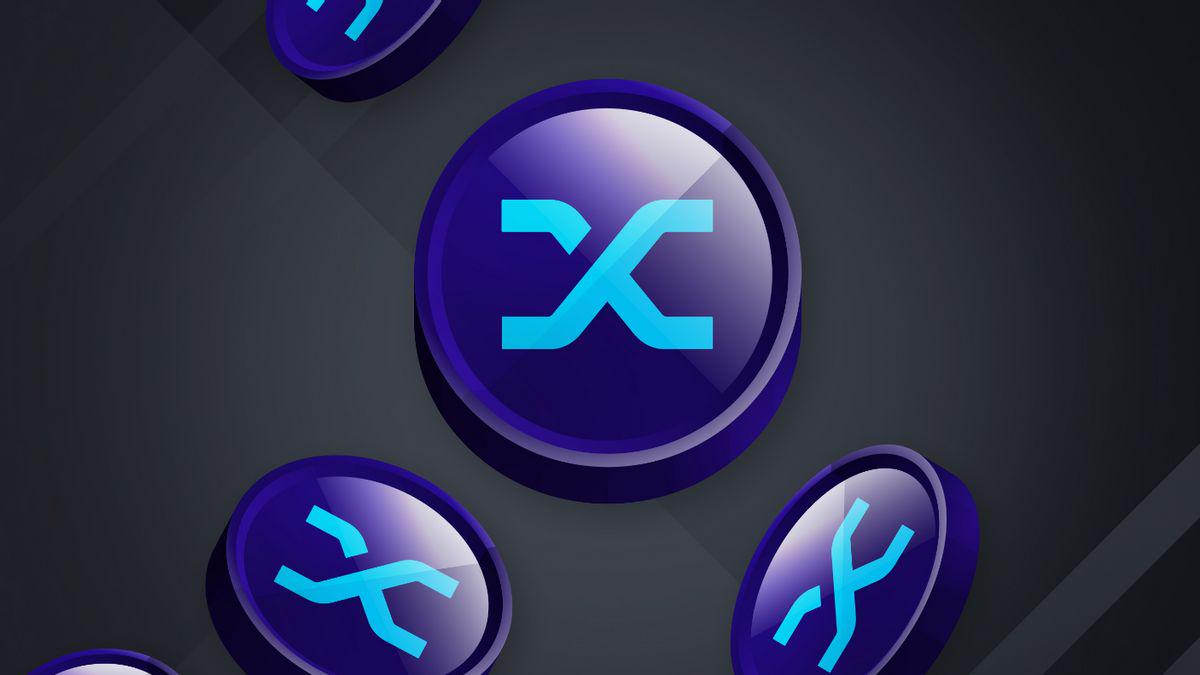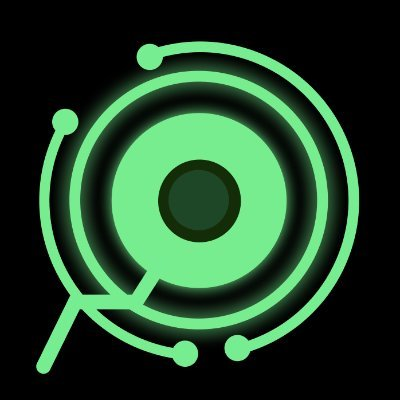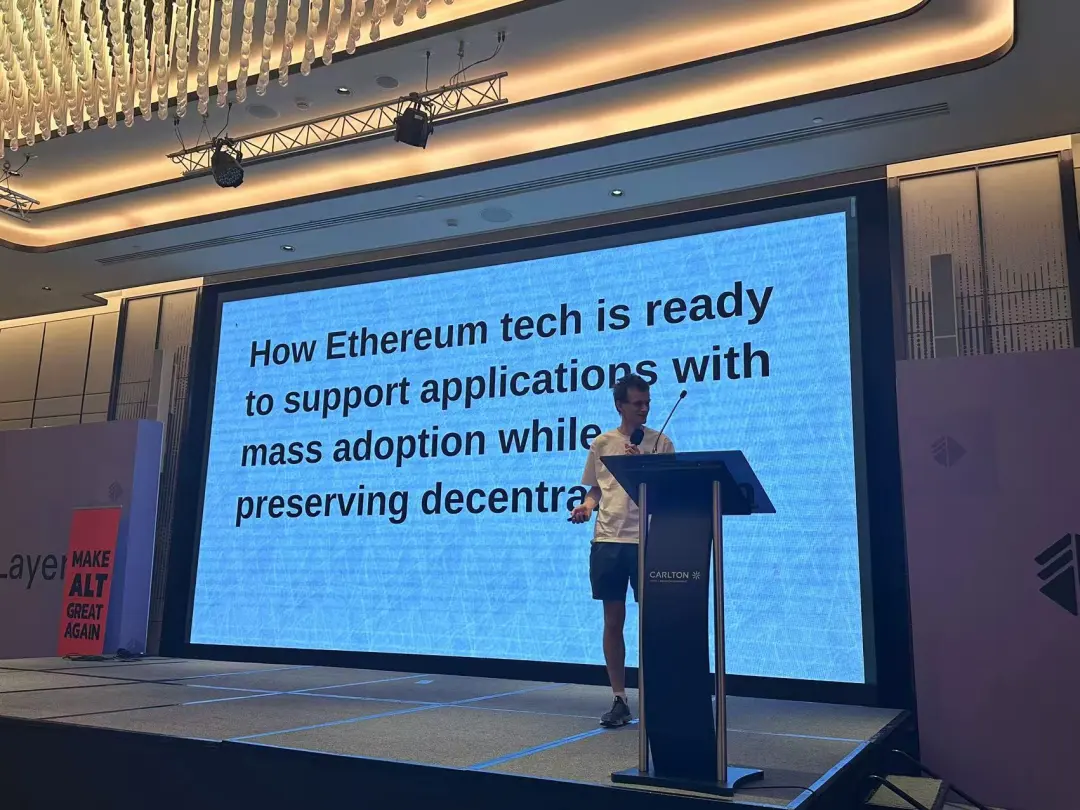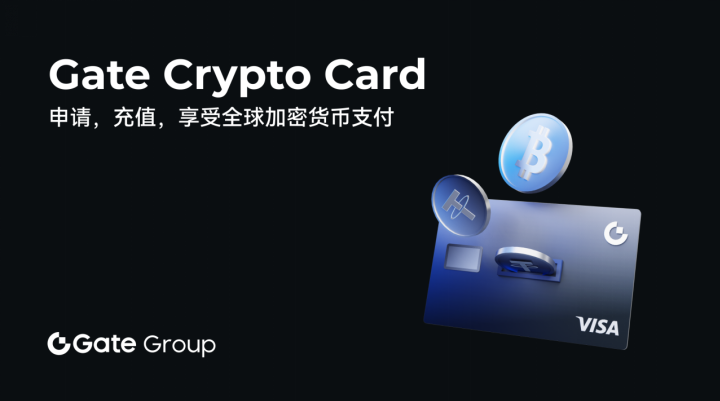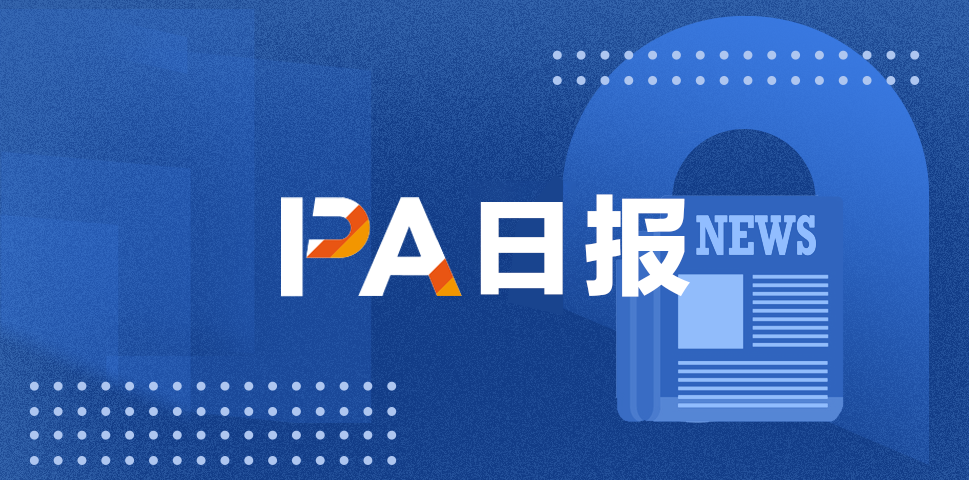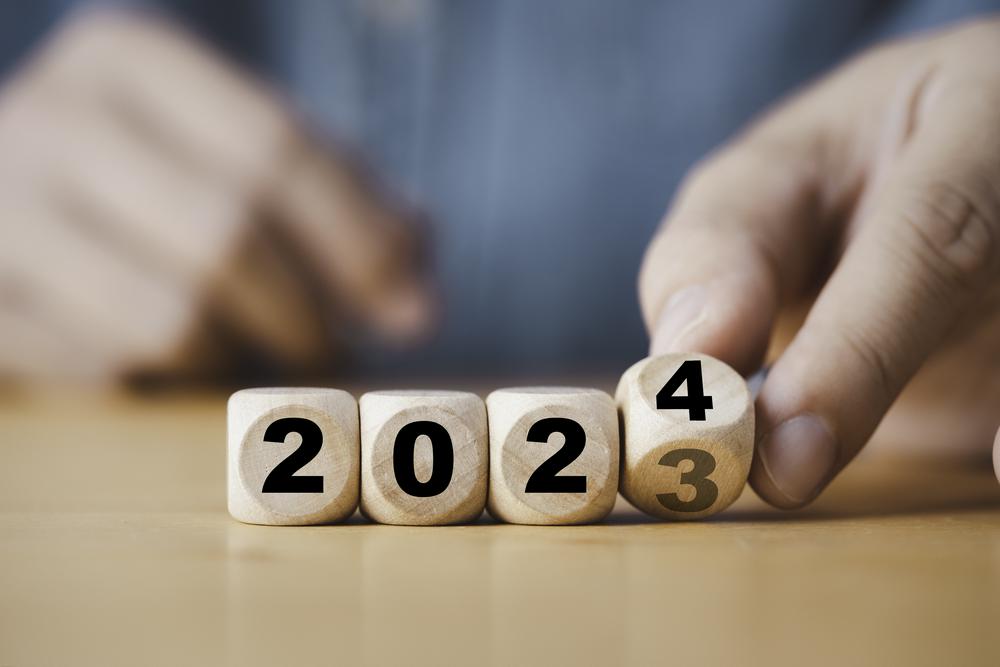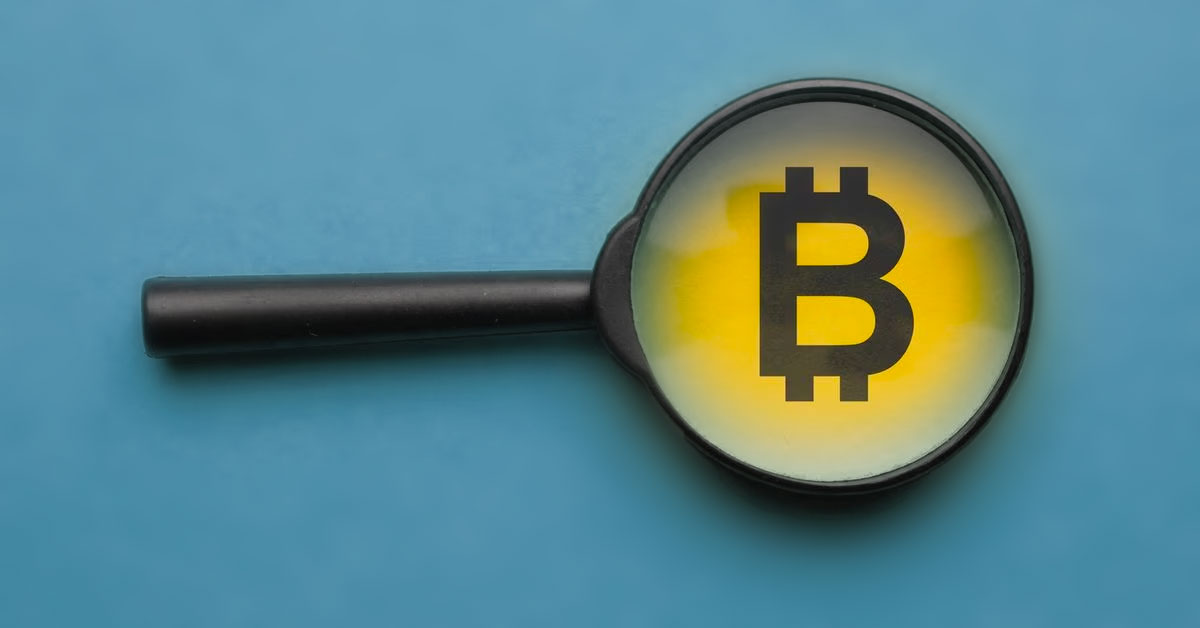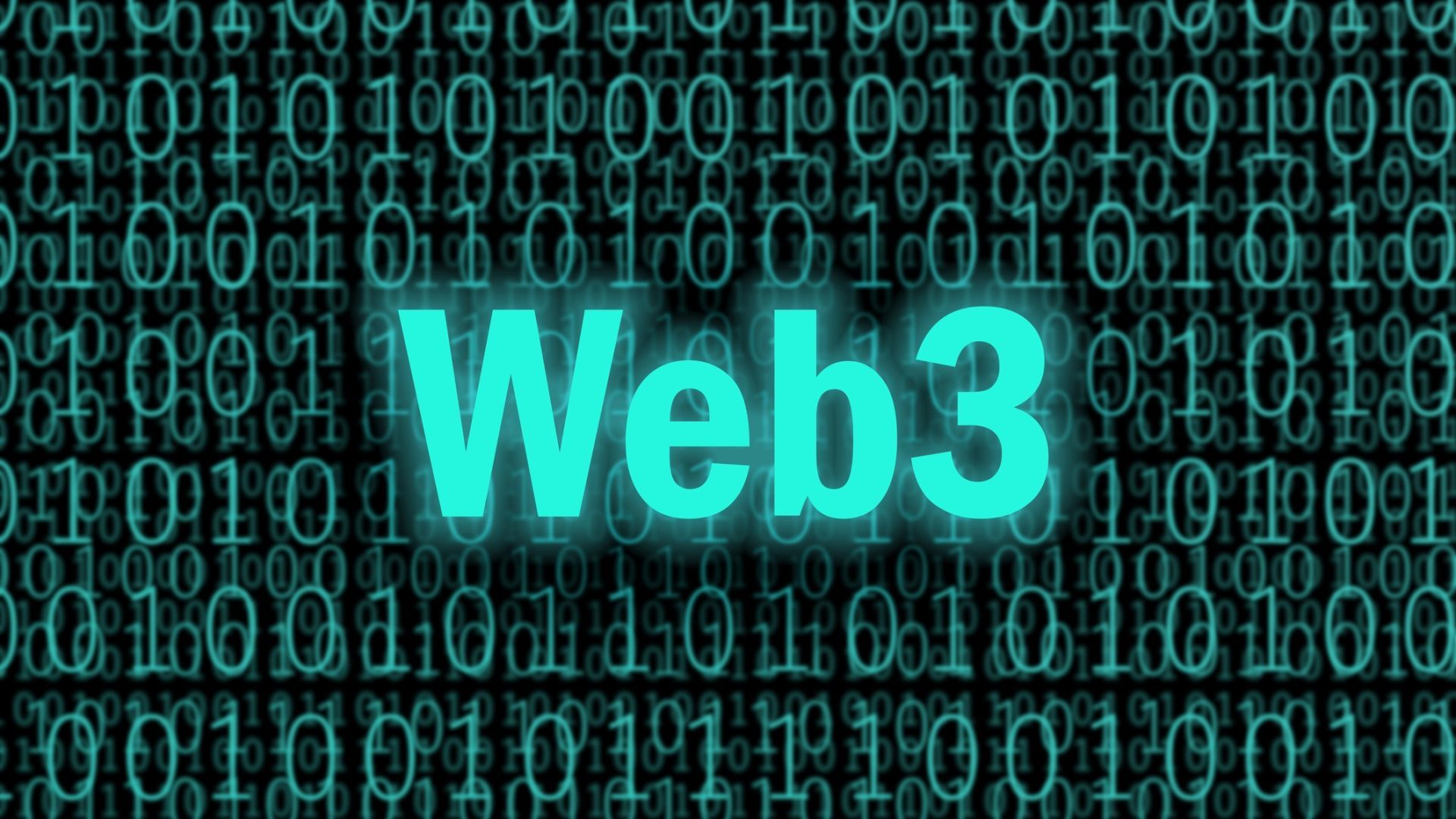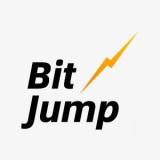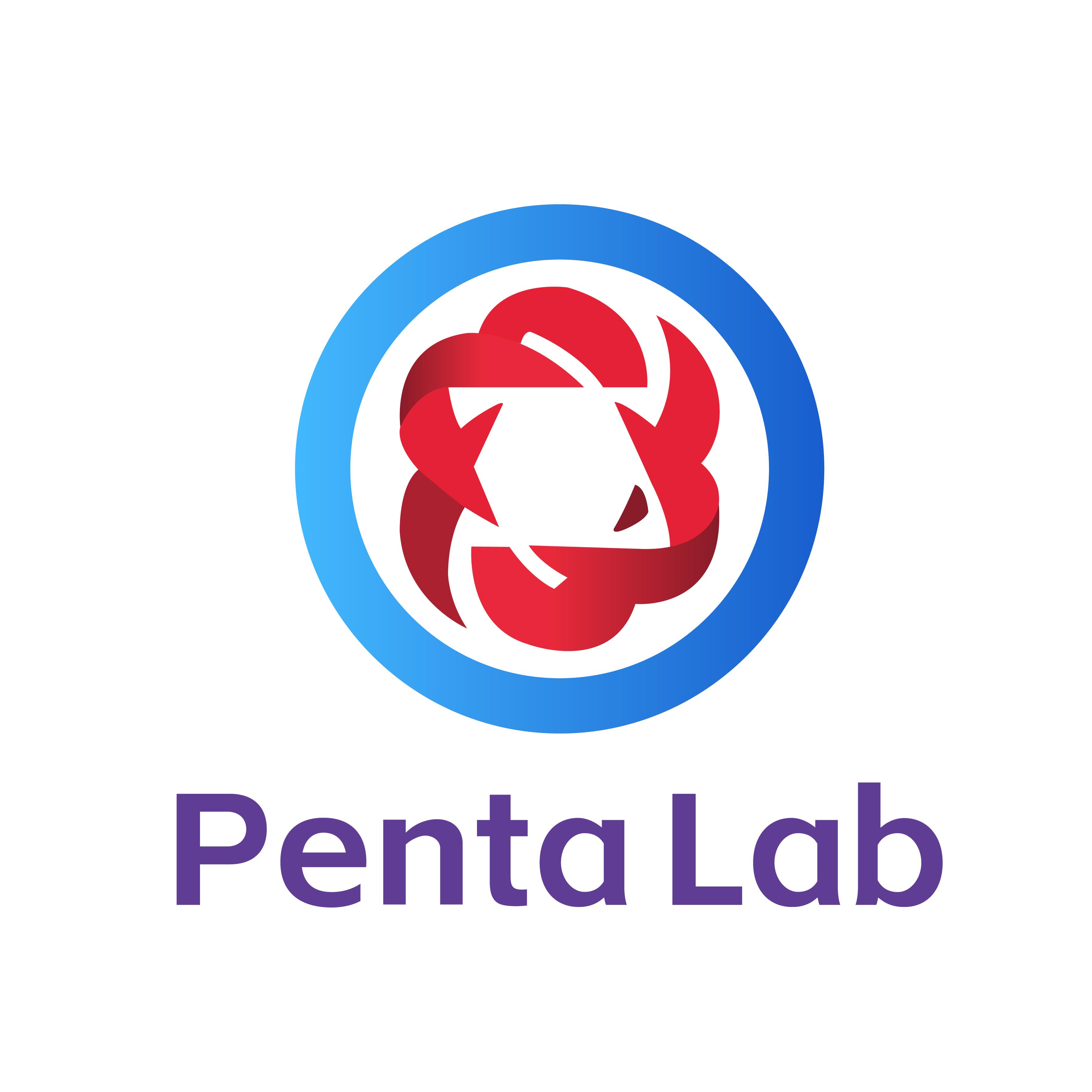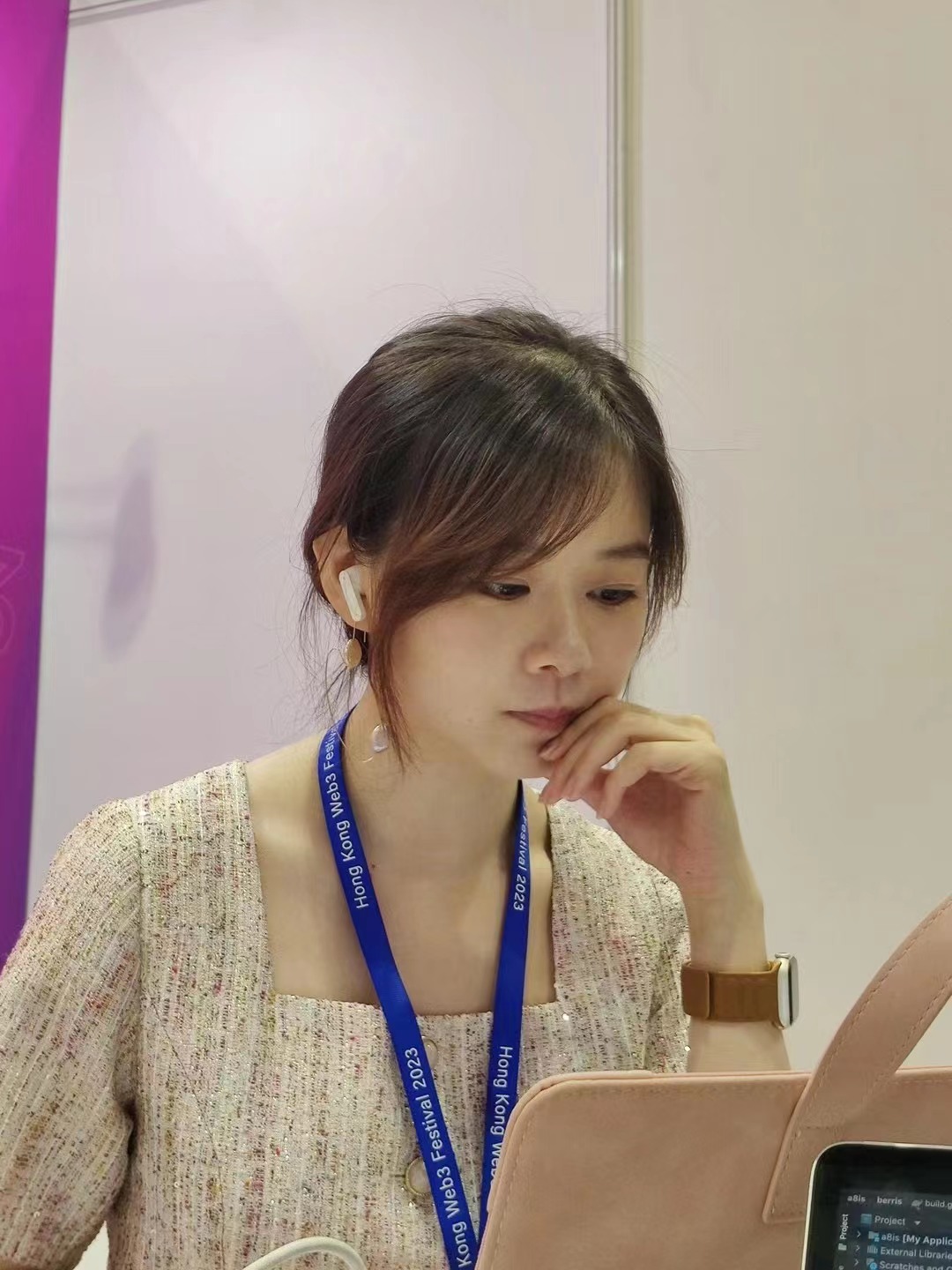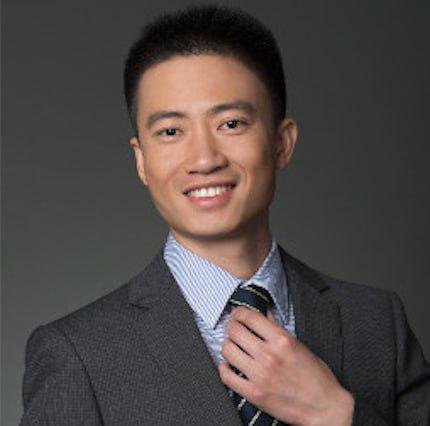-
 PA一线 · 11-22 20:21
보도자료 최적화 테스트
PA一线 · 11-22 20:21
보도자료 최적화 테스트보도자료 최적화 테스트 요약 요약
-
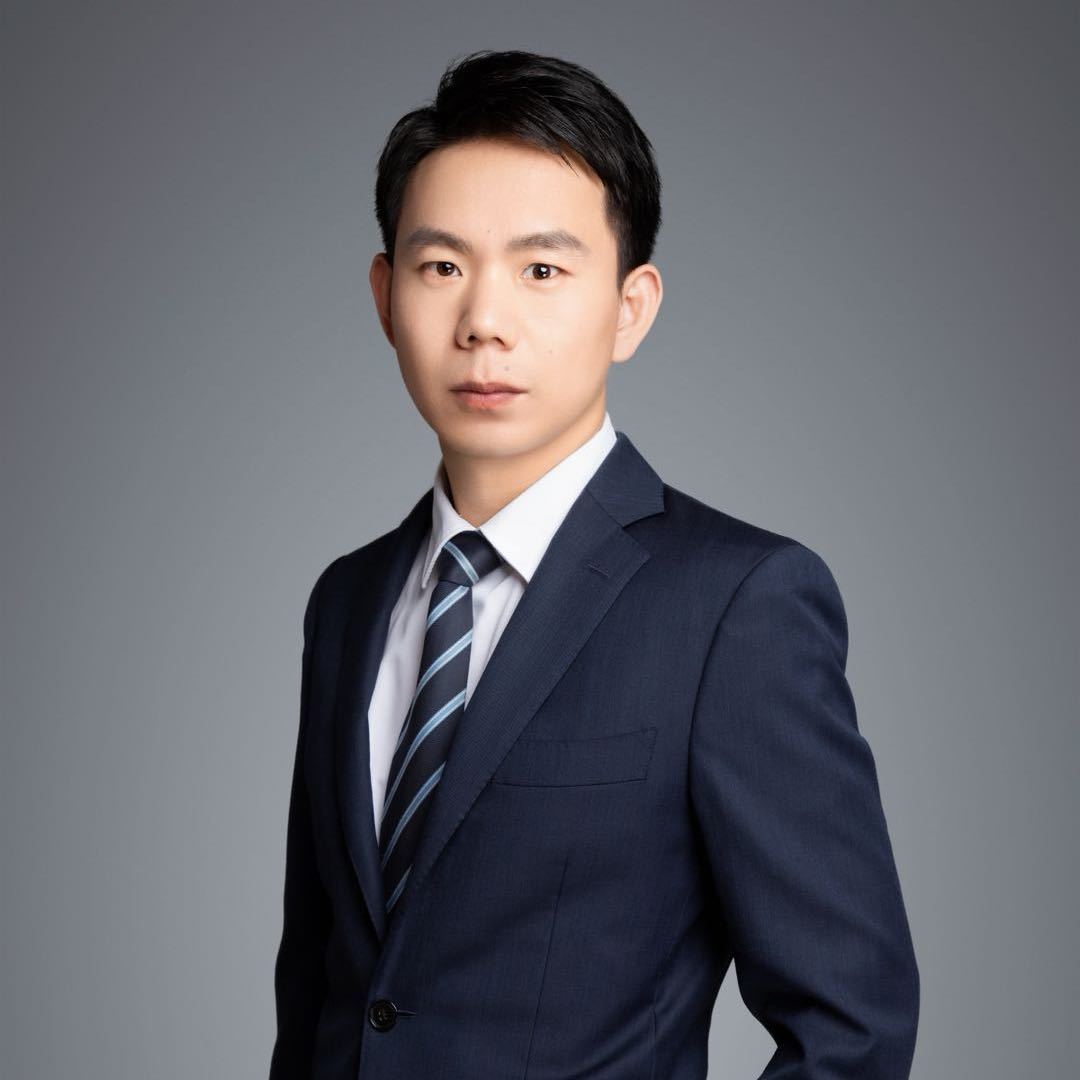 刘正要律师 · 11-22 19:55
다국어 기사 게재 테스트-원클릭 동기화-1
刘正要律师 · 11-22 19:55
다국어 기사 게재 테스트-원클릭 동기화-1다국어 기사 게재 테스트
-
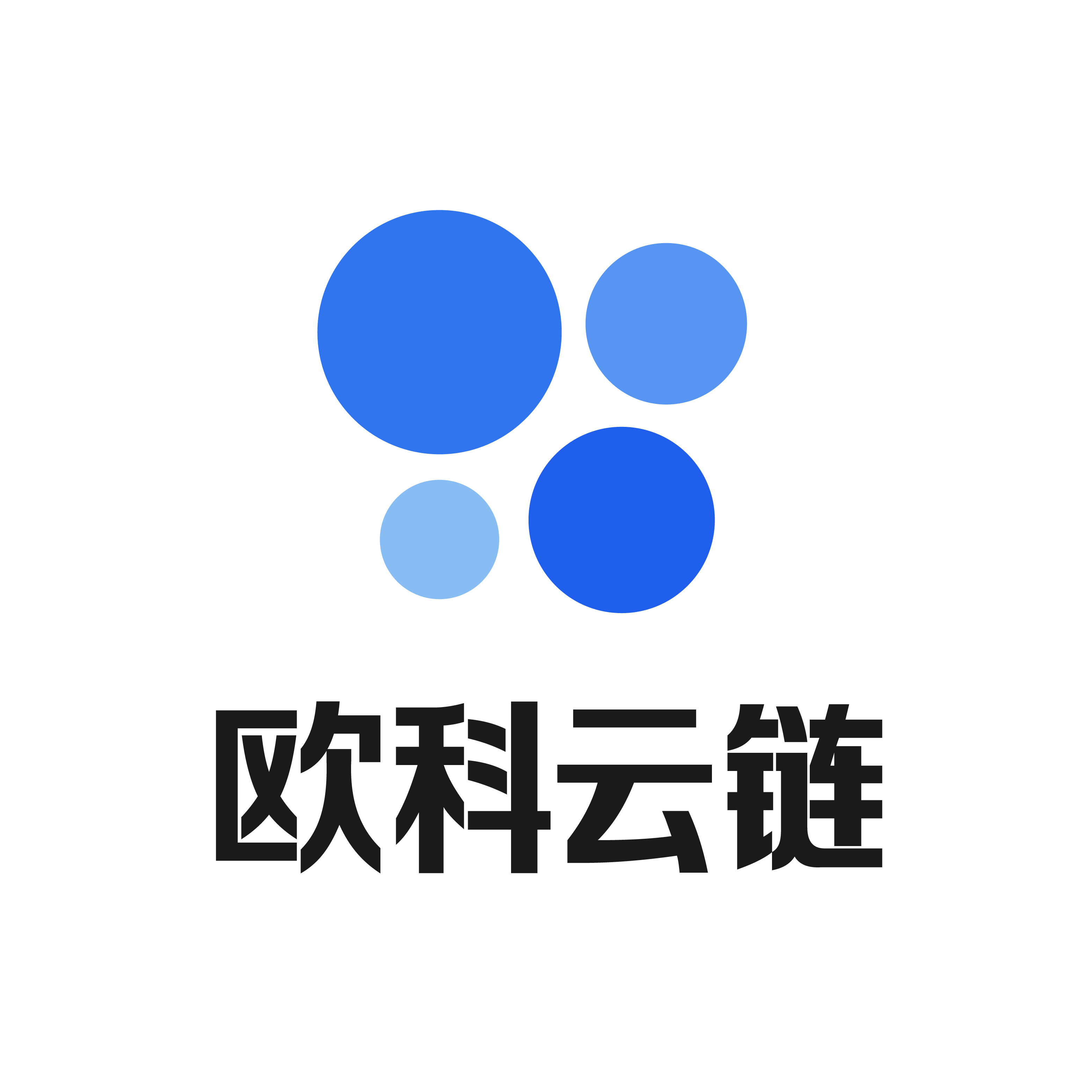 欧科云链 · 11-22 14:30
Devcon 검토 | AltLayer_Rollup_Day에서 200명의 개발자를 만난 후의 통찰력
欧科云链 · 11-22 14:30
Devcon 검토 | AltLayer_Rollup_Day에서 200명의 개발자를 만난 후의 통찰력호기심과 사명감을 가지고 OKLink는 지난 주 데브콘 방콕 및 주변 행사에서 개발자들과 긴밀한 대화를 나누며 데이터 인프라 구축자의 관점에서 모든 사람과 함께 답을 찾고 있었습니다.
-
 白话区块链 · 11-22 09:00
사기부터 행운까지, 밈코인 시장 구조 분석
白话区块链 · 11-22 09:00
사기부터 행운까지, 밈코인 시장 구조 분석Memecoin 시장에 대한 심층적인 조사를 통해 커뮤니티 참여 현황, 토큰 발행 현황, 플랫폼 사용 현황, 사용자 요구 사항 등을 분석하여 이러한 현상의 사회적 동기와 미래 가능성을 밝혀냈습니다.
- PA Daily | 트럼프 팀은 백악관에서 최초의 암호화폐 위치를 확립하는 것을 고려하고 있습니다. 비트코인은 97,000달러를 돌파하고 사상 최고치를 기록했습니다. PA Daily | 중국 증권 규제 위원회 과학 기술 감독부 국장을 역임한 Yao Qian은 가상 통화와 같은 전력 자금 거래와 관련하여 BlackRock IBIT 옵션의 첫날 거래량이 거의 예상되었습니다. 19억 달러 PA Daily | MicroStrategy는 51,780개의 비트코인 보유를 늘리기 위해 46억 달러를 지출했습니다. Trump Media Technology Group은 Bakkt 인수를 위해 심도 있는 협상을 진행 중입니다.
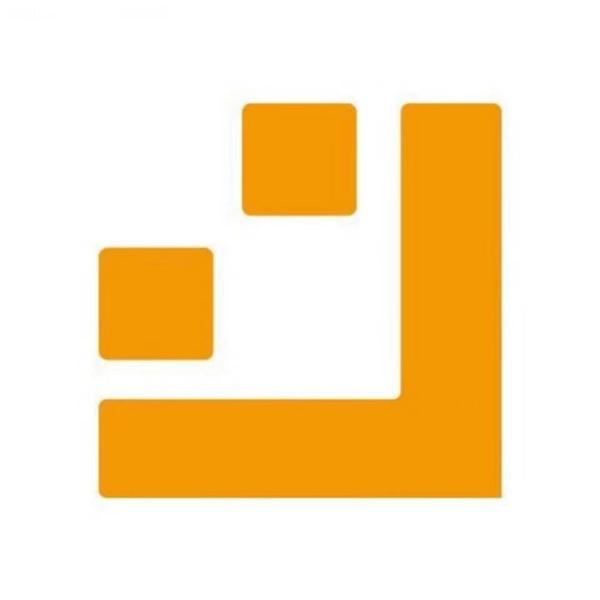 金色财经 · 11-22 08:00
Glassnode: 암호화폐 시장의 629억 달러 자본 유입을 주도한 사람은 누구입니까?
金色财经 · 11-22 08:00
Glassnode: 암호화폐 시장의 629억 달러 자본 유입을 주도한 사람은 누구입니까?이러한 수요는 미국 현물 ETF를 통해 기관 투자자들이 주도하고 있습니다.
-
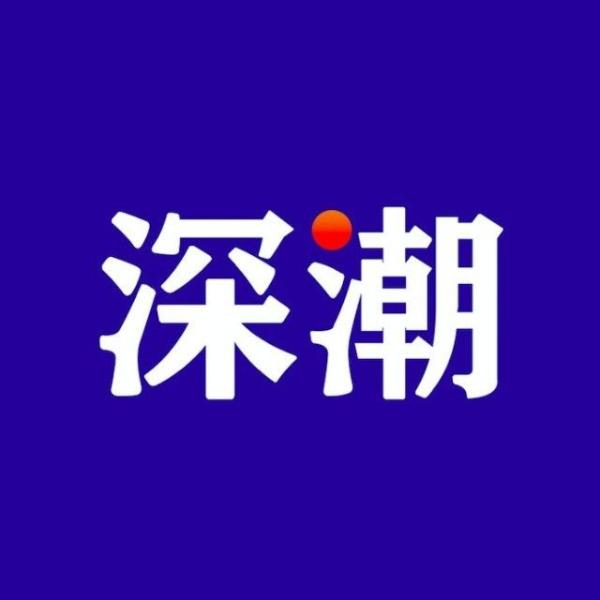 深潮TechFlow · 11-22 07:00
이 상승장에서는 관심이 전부입니다. 독특한 스토리와 Z세대 지원이 핵심입니다.
深潮TechFlow · 11-22 07:00
이 상승장에서는 관심이 전부입니다. 독특한 스토리와 Z세대 지원이 핵심입니다.진실은 간단합니다. 최고의 아이디어가 항상 승리하는 것은 아닙니다. 주목받는 것이 핵심입니다.
-
 PA一线 · 11-22 00:02
Coinbase International Station은 CoW 프로토콜 무기한 선물 계약을 출시할 예정입니다.
PA一线 · 11-22 00:02
Coinbase International Station은 CoW 프로토콜 무기한 선물 계약을 출시할 예정입니다.Coinbase International Station이 발표되었습니다.
-
 PA一线 · 11-21 23:01
이 문제에 정통한 사람들: 미국 SEC와 SOL 현물 ETF 출시를 희망하는 발행자 간의 협상이 "진행되고 있습니다"
PA一线 · 11-21 23:01
이 문제에 정통한 사람들: 미국 SEC와 SOL 현물 ETF 출시를 희망하는 발행자 간의 협상이 "진행되고 있습니다"이 문제에 정통한 두 사람은 미국 증권거래위원회(SEC) 직원과 SOL 현물 ETF 출시를 원하는 발행사 간의 협상이 '진행되고' 있으며 SEC는 현재 S-1 신청을 처리 중이라고 말했습니다. 두 사람은 ETF 승인 절차의 다음 단계인 잠재적 발행자를 대신하여 거래소에서 19b4 서류를 조만간 보게 될 가능성이 "매우 높다"고 말했습니다.
-
 PA一线 · 11-21 22:56
Canaan Technology, 우선주 발행을 통해 3천만 달러 조달
PA一线 · 11-21 22:56
Canaan Technology, 우선주 발행을 통해 3천만 달러 조달비트코인 채굴기 제조업체인 Canaan Inc.(NASDAQ: CAN)은 최근 기관 투자자에게 주당 1,000달러에 시리즈 A-1 우선주 최대 30,000주를 판매하는 증권 구매 계약을 체결했습니다. 이번 계약으로 북미 지역의 디지털 채굴 및 장비 개발을 지원하기 위해 3천만 달러가 모금될 예정입니다. 이전에 Canaan Technology는 2024년 9월에 시리즈 A 파이낸싱을 완료하여 최대 125,000개의 시리즈 A 전환 우선주를 판매했습니다.
-
 PA一线 · 11-21 22:36
분산형 게임 플레이어 네트워크 KGeN은 Aptos Labs의 주도로 1,000만 달러의 자금 조달을 완료했습니다.
PA一线 · 11-21 22:36
분산형 게임 플레이어 네트워크 KGeN은 Aptos Labs의 주도로 1,000만 달러의 자금 조달을 완료했습니다.분산형 게임 플레이어 네트워크인 KGEN은 Aptos Labs가 주도하고 Game7 DAO 및 Polygon이 참여하여 1,000만 달러의 자금 조달을 완료했다고 발표했습니다.
- 암호화 유통 시가총액(7d)$2,190,813,773,927Market Cap디지털자산 공포-탐욕 지수(최근 30일)
 PA一线 · 11-21 21:21
비트코인 채굴 회사 MARA, 10억 달러 규모의 태환 선순위 채권 발행 완료
PA一线 · 11-21 21:21
비트코인 채굴 회사 MARA, 10억 달러 규모의 태환 선순위 채권 발행 완료비트코인 채굴 회사인 MARA Holdings, Inc.는 구매 계약에 따라 최초 구매자에게 부여된 구매 옵션에 따라 발행된 미화 1억 5천만 달러의 채권을 포함하여 미화 10억 달러의 전환선순위 채권 발행을 완료했으며, 구매 옵션 기간은 계약일부터 시작됩니다. 최초 발행일은 13일이며, 최초 구매자는 2024년 11월 19일에 완전히 행사되고 추가 구매는 2024년 11월 20일에 완료됩니다.
-
 DefiLlama 24 · 11-21 21:00
VitaDAO의 자금 지원 프로젝트에 적용 가능성이 높은 사례 목록
DefiLlama 24 · 11-21 21:00
VitaDAO의 자금 지원 프로젝트에 적용 가능성이 높은 사례 목록이 기사는 저자의 제한된 지식 기반과 의학적 배경을 바탕으로 VitaDAO의 과거 하이라이트 자금 제안 중 일부를 정리합니다. 지식 확장을 위해 AI Steam Labs에서 개발한 AI 검색 시스템(tokenchat.ai)과 결합됩니다. VitaDAO가 DeSci 생태계의 선도적인 프로젝트인 이유를 이해하고, 생명 과학에 대한 이번 투자 DAO가 어떤 질병 분야에 참여하는지 확인하는 데 도움이 됩니다.
-
 PA一线 · 11-21 20:09
Sui 네트워크가 복구되어 거래를 다시 처리 중입니다.
PA一线 · 11-21 20:09
Sui 네트워크가 복구되어 거래를 다시 처리 중입니다.Sui는 공식적으로 Sui 네트워크가 복구되어 트랜잭션을 다시 처리하고 있음을 알리는 업데이트를 발표했습니다. 2시간의 다운타임은 유효성 검사기 충돌을 일으킨 트랜잭션 스케줄링 로직의 오류로 인해 발생했습니다.
-
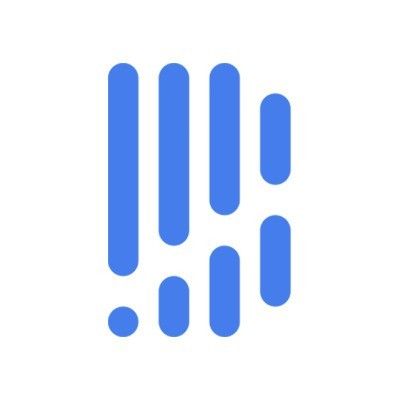 区块律动BlockBeats · 11-21 20:00
추측의 망토를 버리면 밈은 더 이상 PVP만을 위한 것이 아닙니다.
区块律动BlockBeats · 11-21 20:00
추측의 망토를 버리면 밈은 더 이상 PVP만을 위한 것이 아닙니다."밈 코인은 테스트입니다. 이를 농담이나 재미있는 그림으로 생각하는 것은 실패입니다. 그들이 멈출 수 없는 토큰화된 커뮤니티라는 것을 이해하는 것은 깨닫는 것입니다."
-
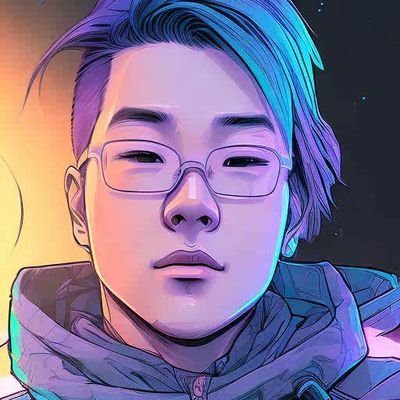 NingNing · 11-21 19:00
비트코인은 계속해서 $100,000에 가까워지면서 새로운 최고점에 도달하고 있습니다. 모방자가 많으면 어떻게 해야 합니까?
NingNing · 11-21 19:00
비트코인은 계속해서 $100,000에 가까워지면서 새로운 최고점에 도달하고 있습니다. 모방자가 많으면 어떻게 해야 합니까?우리는 BTC와 알트코인 간의 분리 기간과 범위가 역사적 사례를 훨씬 초과한다는 점을 인정해야 합니다.
-
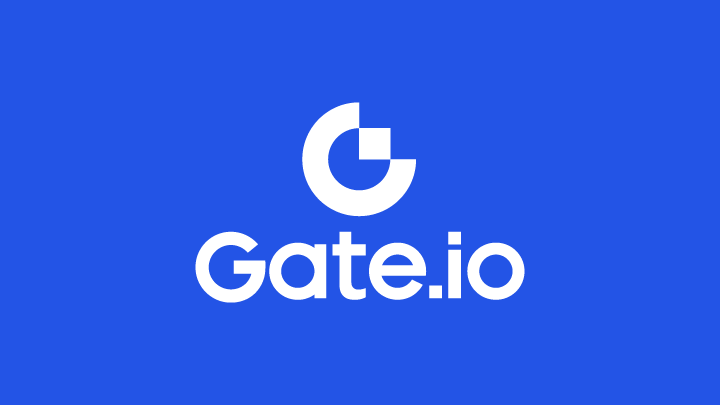 Gate.io · 11-21 18:57
Gate Group, Gate Crypto Card 출시: EEA 거주자에게 원활한 글로벌 암호화폐 결제 경험 제공
Gate.io · 11-21 18:57
Gate Group, Gate Crypto Card 출시: EEA 거주자에게 원활한 글로벌 암호화폐 결제 경험 제공Gate Group은 유럽 경제 지역(EEA) 사용자를 위해 암호화폐를 법정화폐로 전환하는 과정을 단순화하도록 설계된 Visa 직불카드인 Gate Crypto Card를 출시하게 된 것을 자랑스럽게 생각합니다.
-
 PA日报 · 11-21 18:36
PA Daily | 트럼프 팀은 백악관에서 최초의 암호화폐 위치를 확립하는 것을 고려하고 있습니다. 비트코인은 97,000달러를 돌파하고 사상 최고치를 기록했습니다.
PA日报 · 11-21 18:36
PA Daily | 트럼프 팀은 백악관에서 최초의 암호화폐 위치를 확립하는 것을 고려하고 있습니다. 비트코인은 97,000달러를 돌파하고 사상 최고치를 기록했습니다.MicroStrategy는 무쿠폰 전환 선순위 채권 발행을 26억 달러로 늘리고 순 수익금의 일부는 미국에서 비트코인에 직접 투자하는 ETF의 총 자산이 1000억 달러를 초과합니다. 다운된 것으로 의심됨, 1 몇 시간 동안 블록이 생성되지 않았습니다.
-
 PA一线 · 11-21 18:18
Sui 블록체인이 다운된 것으로 의심되며 한 시간 동안 블록이 생성되지 않았습니다.
PA一线 · 11-21 18:18
Sui 블록체인이 다운된 것으로 의심되며 한 시간 동안 블록이 생성되지 않았습니다.Suiscan 데이터에 따르면 Sui 블록체인이 다운된 것으로 의심되며 한 시간 동안 블록이 생성되지 않았습니다.
-
 项目动态 · 11-21 18:09
DePIN 스마트링 문링 베어체인 버전은 11월 28일부터 예약주문 가능하며 2,000개 한정입니다.
项目动态 · 11-21 18:09
DePIN 스마트링 문링 베어체인 버전은 11월 28일부터 예약주문 가능하며 2,000개 한정입니다.DePIN의 일부인 Moon Ring Bear Chain Special Edition은 Bear Chain 생태계의 일부가 되어 사용자에게 더욱 풍부한 참여와 상호 작용 경험을 제공합니다.
-
 PA一线 · 11-21 18:07
전 Revolut 및 Ledger 경영진이 설립한 암호화폐 지갑인 Deblock은 시드 자금으로 약 1,680만 달러를 모금했습니다.
PA一线 · 11-21 18:07
전 Revolut 및 Ledger 경영진이 설립한 암호화폐 지갑인 Deblock은 시드 자금으로 약 1,680만 달러를 모금했습니다.이번 달 영국 회사 하우스에 제출된 문서에 따르면 전 Revolut 및 Ledger 경영진이 설립한 암호화폐 지갑인 Deblock은 시드 자금으로 추가로 1,330만 파운드(약 1,680만 달러)를 모금했습니다. 또 다른 10월 서류에는 Headline, Hoxton, 20VC 및 Chalfen이 이번 라운드의 주요 투자자로 나와 있습니다. 이전에 Sifted는 스타트업이 작년에 조용히 1,200만 유로를 모금했다고 보고했습니다.
더 보기 Dec . 29
Dec.29
